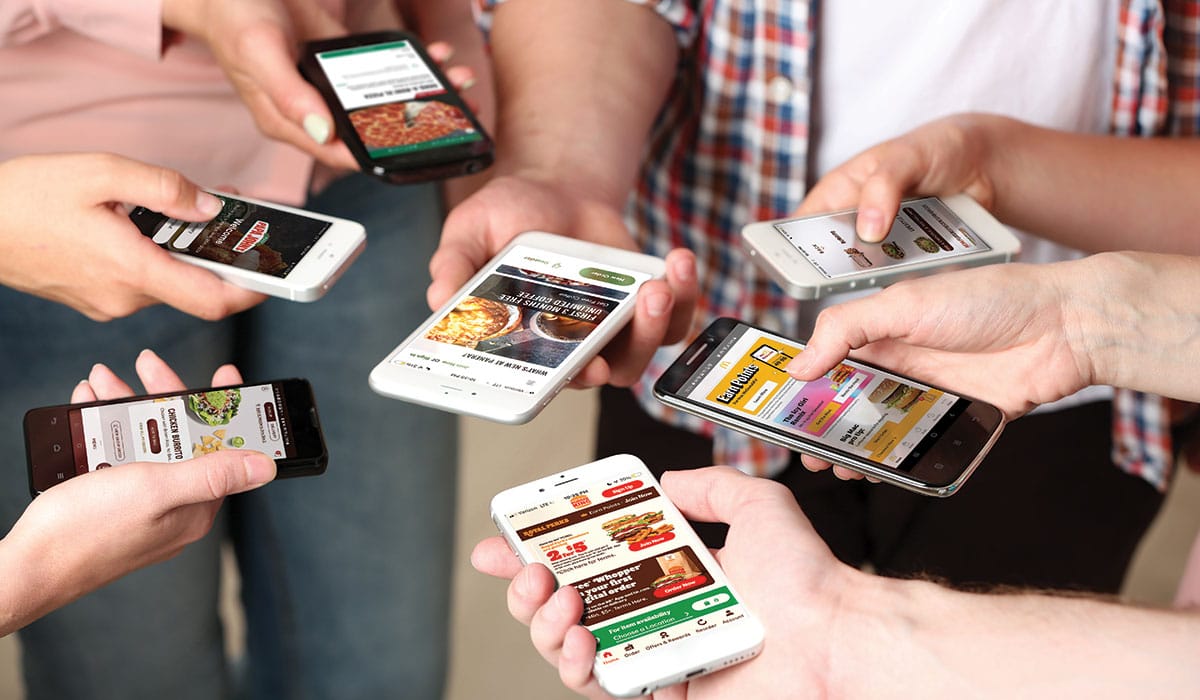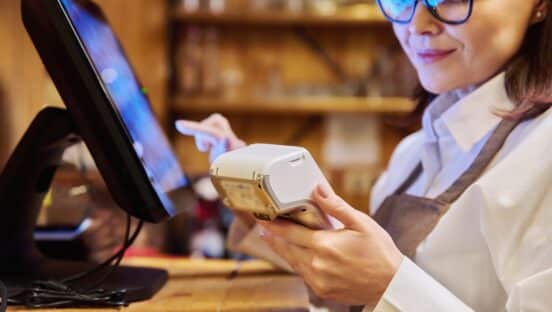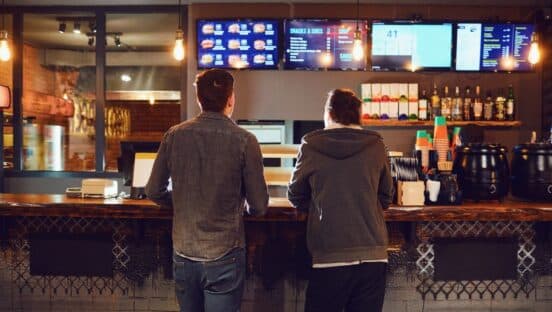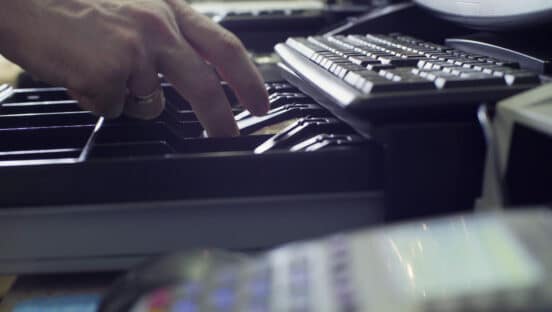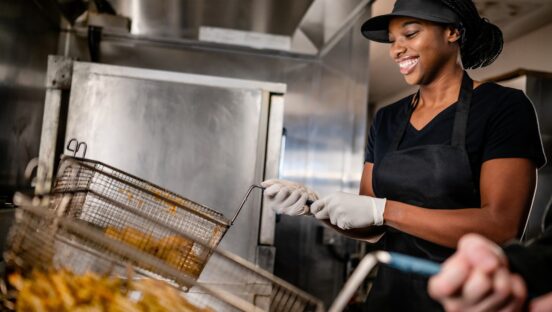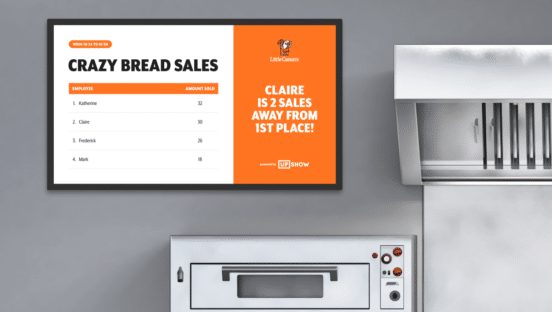The pandemic forever changed consumer behavior, pushing them toward digital ordering channels like never before. To wit, Chipotle has doubled its loyalty base since the beginning of 2020, now claiming north of 20 million subscribers. Pizza giant Papa John’s added 11 million new customers via digital channels in 2020 alone.
But while it’s clear that brands are competing for customers on the digital front, not every brand is finding success with loyalty apps alone. In fact, Mobivity reports that the average loyalty app loses 95 percent of its active user base within 90 days. Dennis Becker, CEO of Mobivity, posits that mobile messaging—or, reaching customers via SMS text messaging—will be the dominant mode of communication into the future, with its unique ability to connect with and engage consumers.
“There have been a variety of studies concerning the open rates of text messages, with 85 percent on the low end, and up to 98 percent on the high end,” Becker says. “It just makes sense, everybody can relate—you can’t not read a text.”
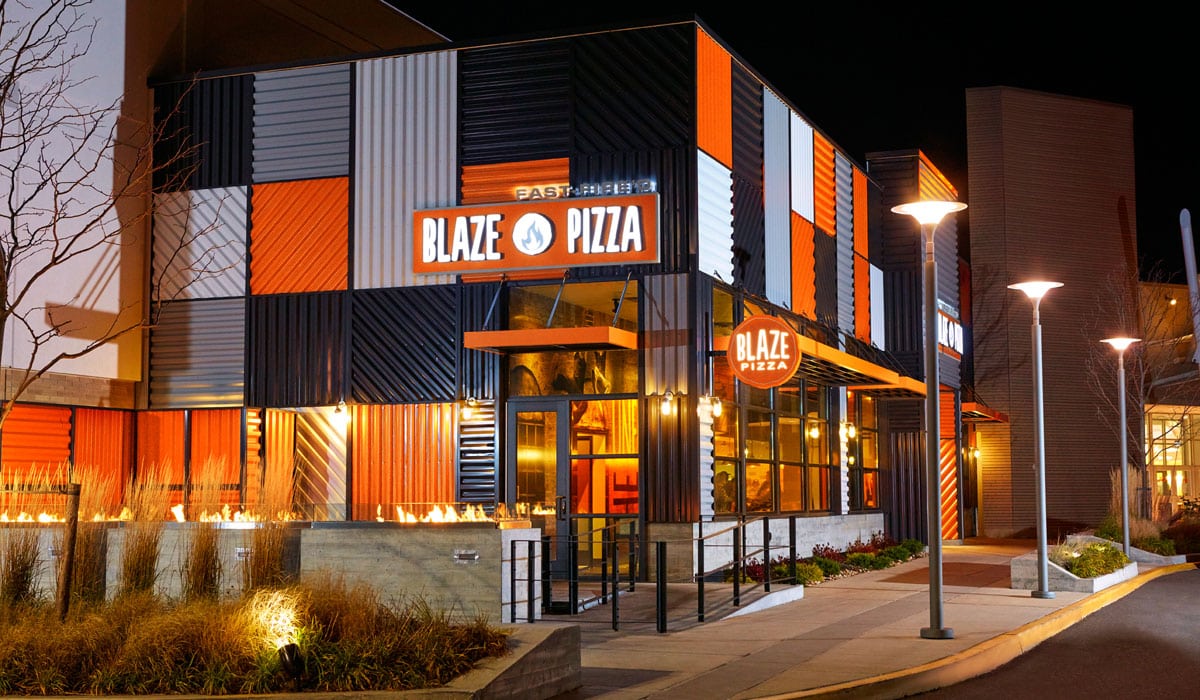 [float_image image=”https://www.qsrmagazine.com/wp-content/uploads/2021/05/blazelocation.jpg” width=”30″ link=”” caption=”” alt=”Blaze Pizza Location” align=”left” /]
[float_image image=”https://www.qsrmagazine.com/wp-content/uploads/2021/05/blazelocation.jpg” width=”30″ link=”” caption=”” alt=”Blaze Pizza Location” align=”left” /]
Different brands are already experiencing the ways that making the switch to text message marketing, versus email or loyalty campaigns, can help position them at the forefront of the consumer’s mind. Quick-service brand Papa Gino’s has been using Mobivity’s Unified Messaging solution to connect with its loyal following for about three years now. Papa Gino’s chief marketing officer Deena McKinley reports a 500 percent return on marketing spend using Mobivity’s platform. McKinley also says that Papa Gino’s sees 14 times as many redemptions from guests using SMS as opposed to email.
“Mobivity helps us leverage things like trends in user behavior to send intelligent messages with words and phrases that help maximize engagement, and it works,” McKinley says. “Mobivity is like me—it is a data-driven company that wants to tie everything to a tangible financial result.”
[float_image image=”https://www.qsrmagazine.com/wp-content/uploads/2021/05/bahamabucks.jpg” width=”30″ link=”” caption=”” alt=”A Native Cloud Solution Helps This Brand Increase Drive Thru Efficiency And Take Control Of Branding” align=”right” /]
During the pandemic, Famous Dave’s—a full-service, almost 150-unit barbecue brand that has fully embraced off-premises solutions—also had luck connecting with customers using Mobivity’s platform. The marketing team began using SMS messaging to promote specials like its $4 Burger Mondays, or $30 Feast Tuesday, a family-style meal at an affordable price. In order to build up its database and be able to push those specials, the brand offered customers who texted “BBQ” to a designated phone number $3 off on their next order. As diners returned to restaurants, the database grew 17.5 percent in the first quarter of 2021.
Famous Dave’s Chief Operating Officer Al Hank reports that Famous Dave’s opted-in SMS subscriber database will likely overtake its loyalty program as the most popular marketing channel the brand has at its disposal. Famous Dave’s is one of the many brands finding out first hand why restaurants that use Mobivity’s platform see a 97 percent retention rate among subscribers.
“Over the past year, we’ve seen that consumers have been pushed toward digital behaviors,” Hank says. “The demographic that didn’t interact digitally before the pandemic began to do that. What’s so great about SMS, though, is that the ease of use is there. All you have to do is text one word to a number and then fill out a brief questionnaire to opt in. The conversion rate is so much higher than getting somebody to download an app or open an email.”
Some brands might express reservations over sending texts, wondering if it feels too personal to customers. Becker inverts that notion by asking why brands wouldn’t want to foster a personal relationship with customers. In fact, a survey conducted by Digital Marketing Magazine that showed 75 percent of consumers prefer to receive promotions via text.
What’s more is that Mobivity helps brands feel both timely and relevant by using a patented technology that helps show when a customer redeems an offer or when they are most likely to be making decisions on what food they will eat during that particular daypart. That helps brands communicate with their customers when they are in the buying window by offering something that is useful and can be acted upon, making it more likely that they will redeem the offer.
[float_image image=”https://www.qsrmagazine.com/wp-content/uploads/2021/05/280_QSR_JUNE2021.jpg” width=”30″ link=”” caption=”” alt=”” align=”left” /]
“Consumers want to have you meet them where they are,” Becker says. “This is a huge opportunity for brands to have a personal connection to a customer. Statistics show that the average consumer checks their text inbox 47 times a day. No app gets used more frequently than the messaging app on our phones. If you can get into that inbox, why wouldn’t you want to be there to connect with them?”
Having space in a customer’s inbox is part of the reason there’s some urgency here, Becker says. Think about it: How many SMS partnerships is a consumer willing to opt into? That’s why Mobivity has begun referring to this as a digital arms race. Adding to the urgency is that these digital channels of communication will soon become the very lifeblood of the industry, and those not using the most effective lines of communication will get left behind, Becker says.
“I really, truly hope brands are paying attention,” Becker says. “Think about how Amazon got to where it is today. They took something—books—and created a digital market share and began a relationship with their customers. Restaurants have to do this now, or other companies are going to find ways to eat into their profit share. You can’t create that consumer connection with an app that somebody downloads and then turns the notifications off, or deletes altogether. SMS does a fabulous job of creating a connection that will establish the brand loyalty all of these restaurant brands need right now.”
For more, visit Mobivity.com.
– By Charlie Pogacar

